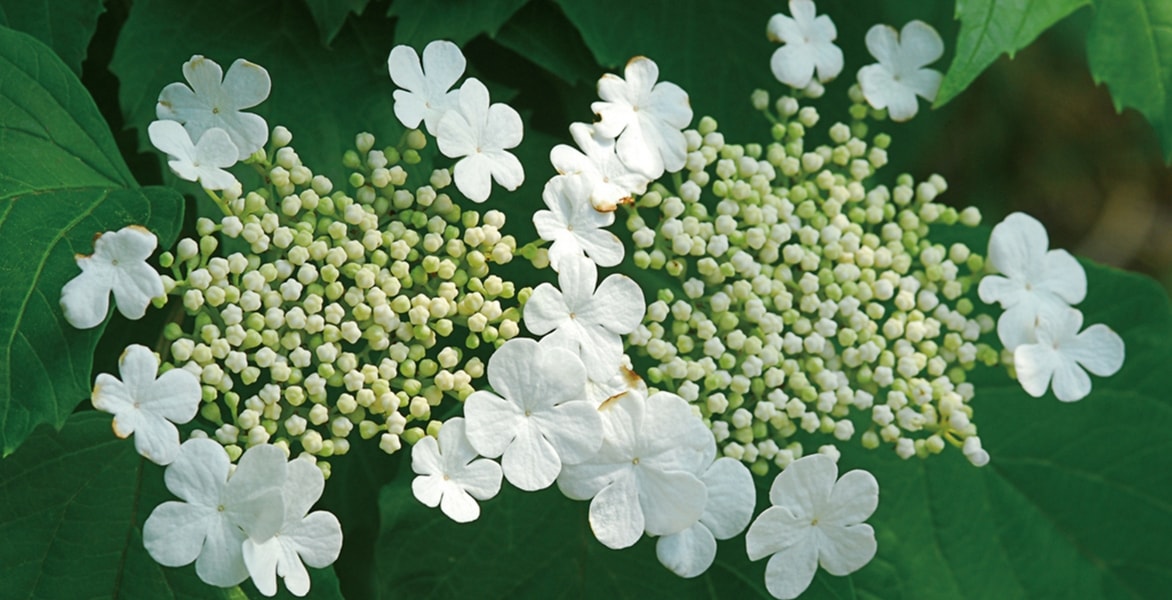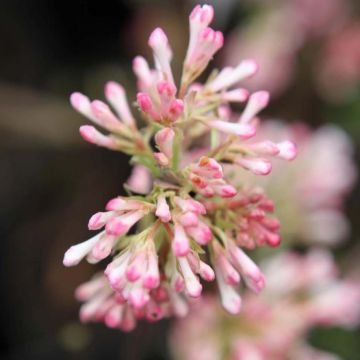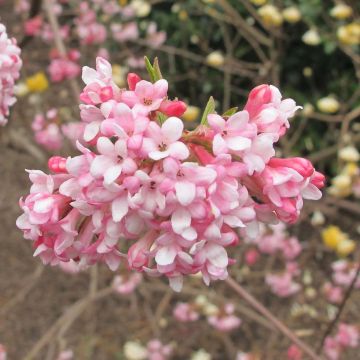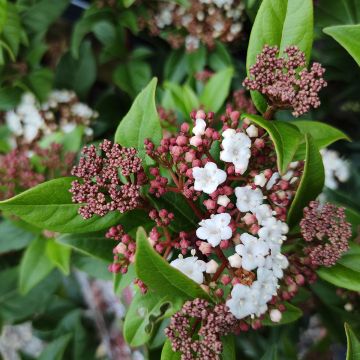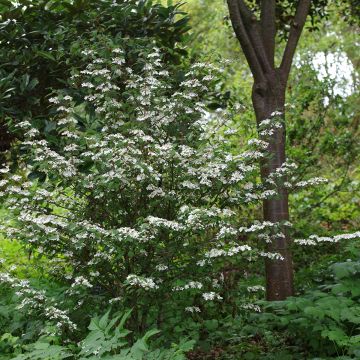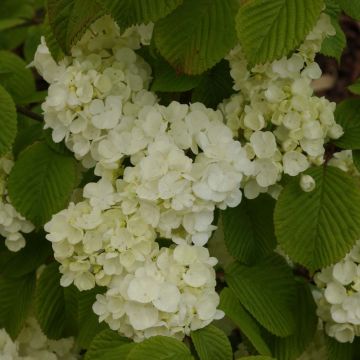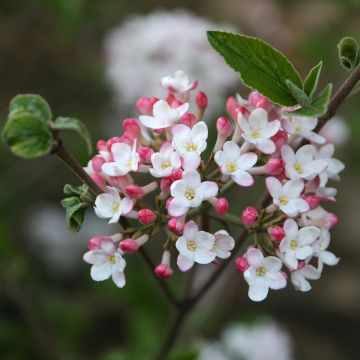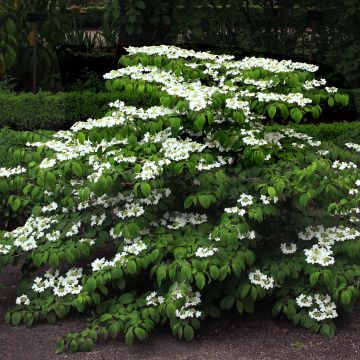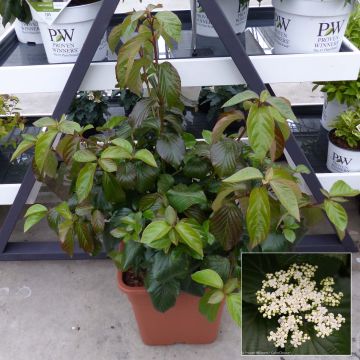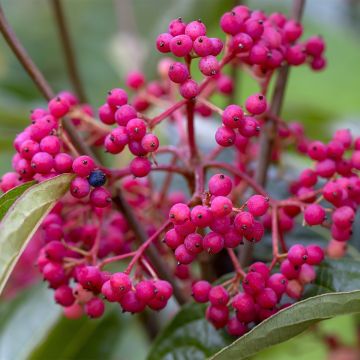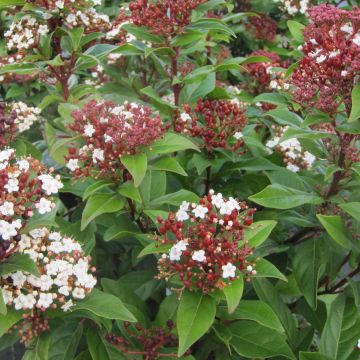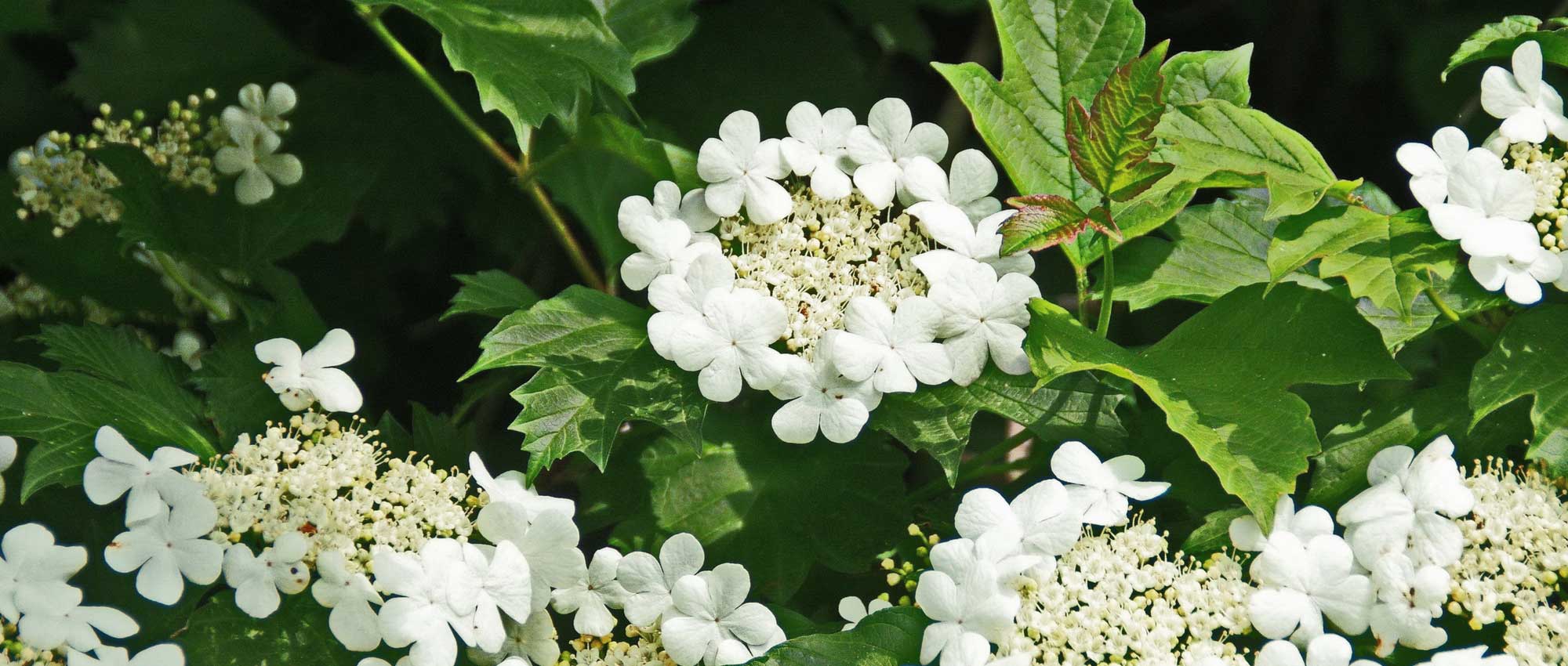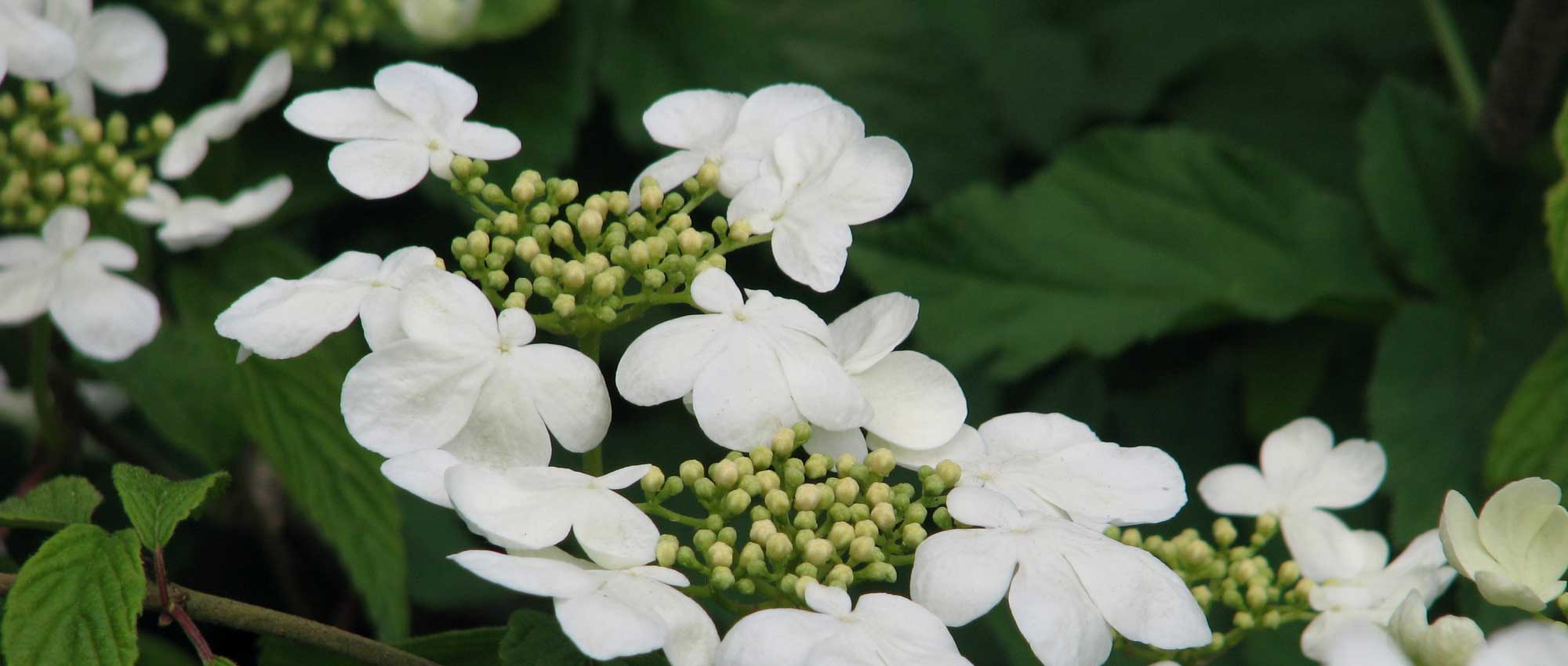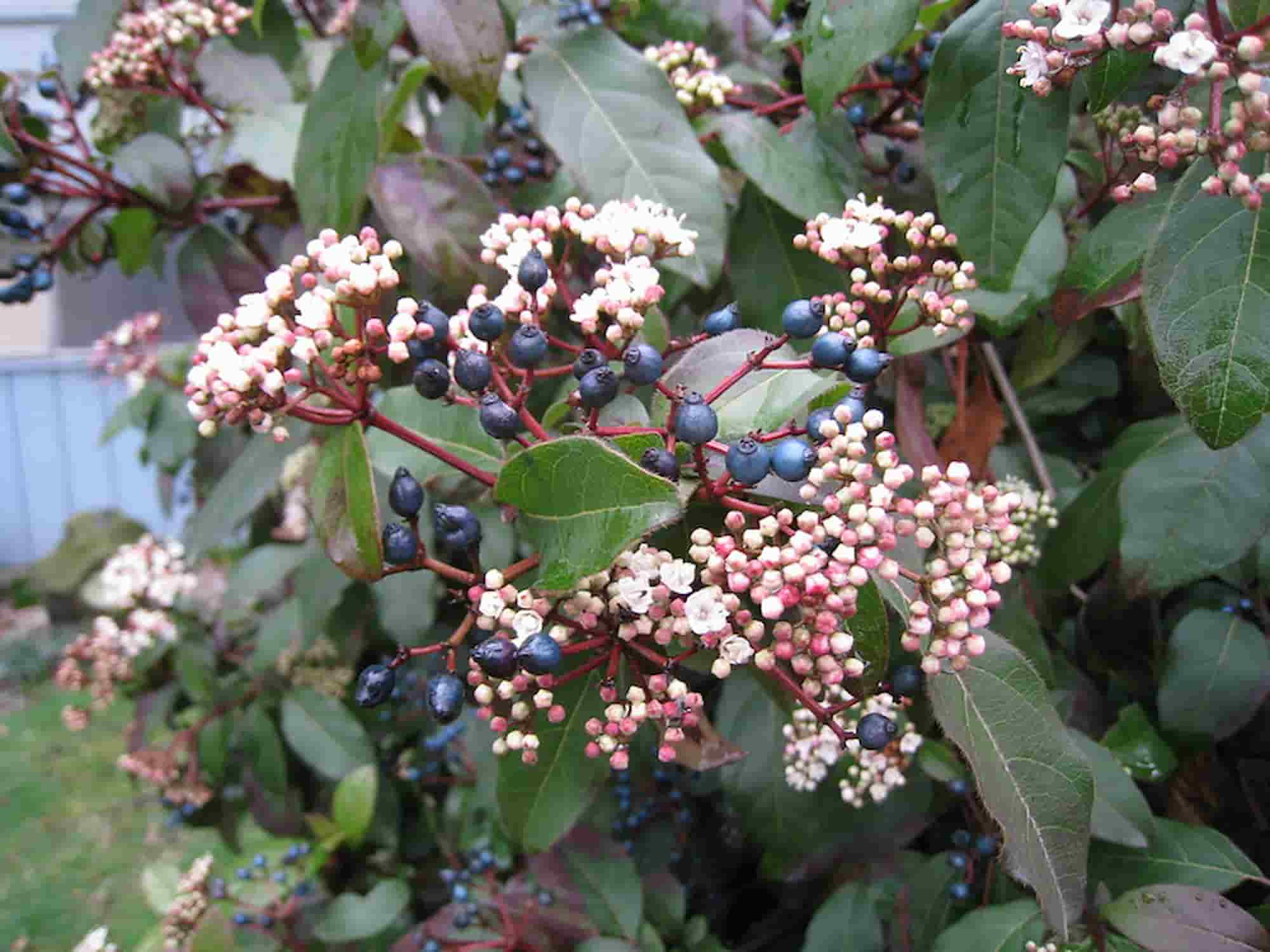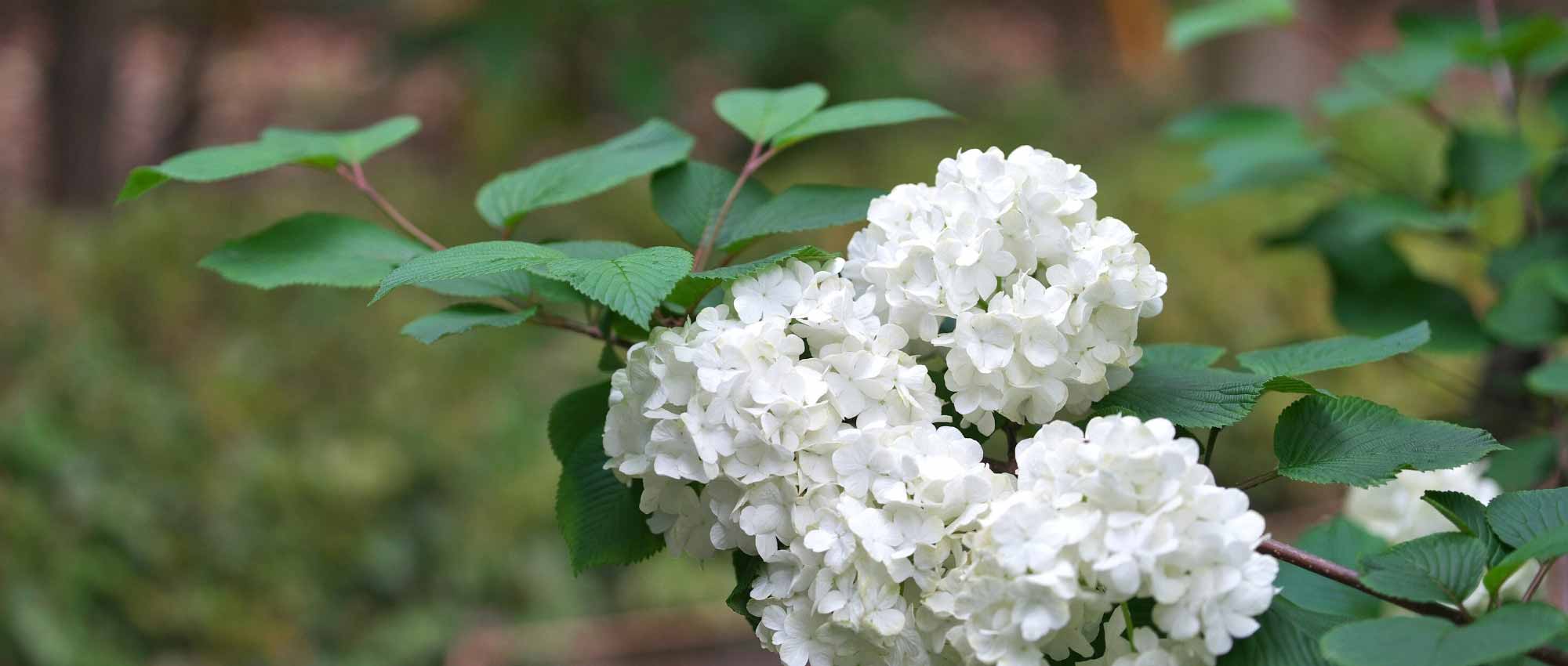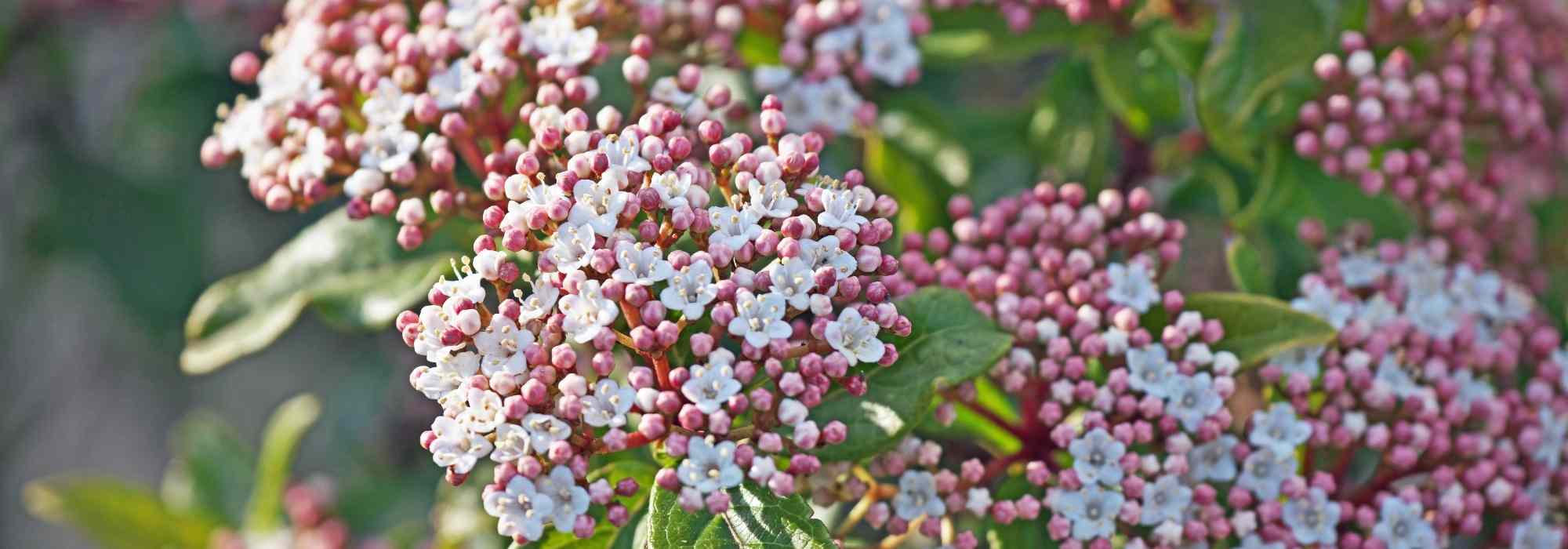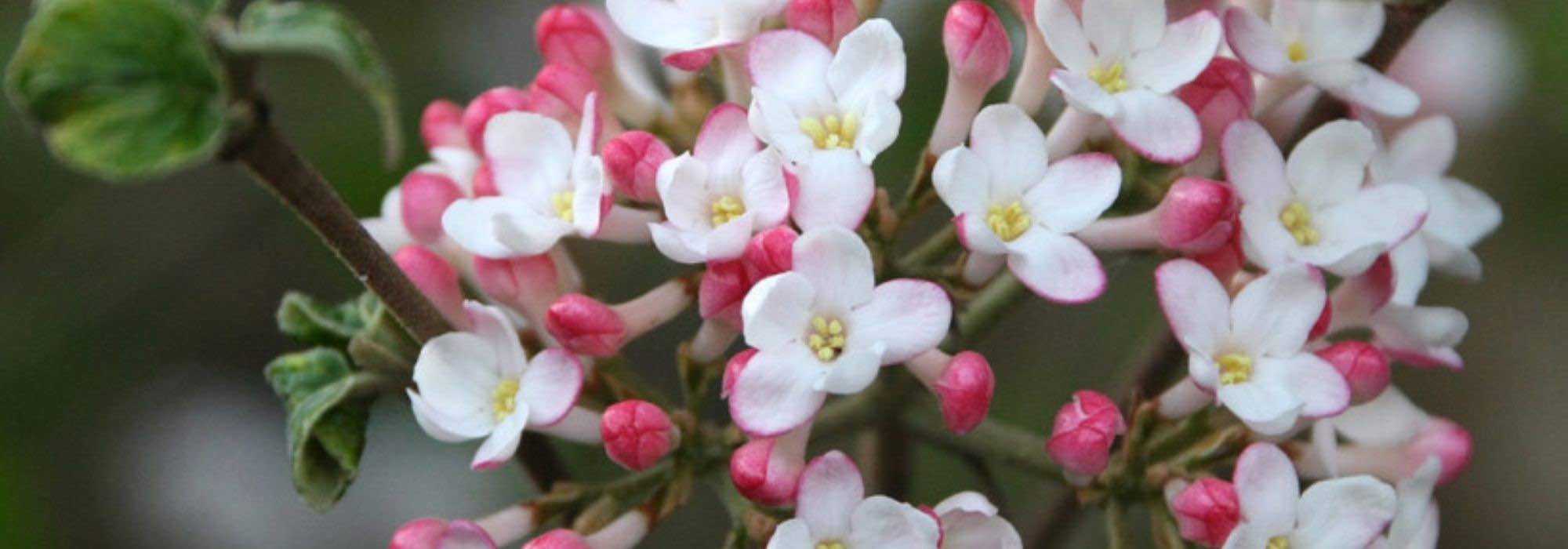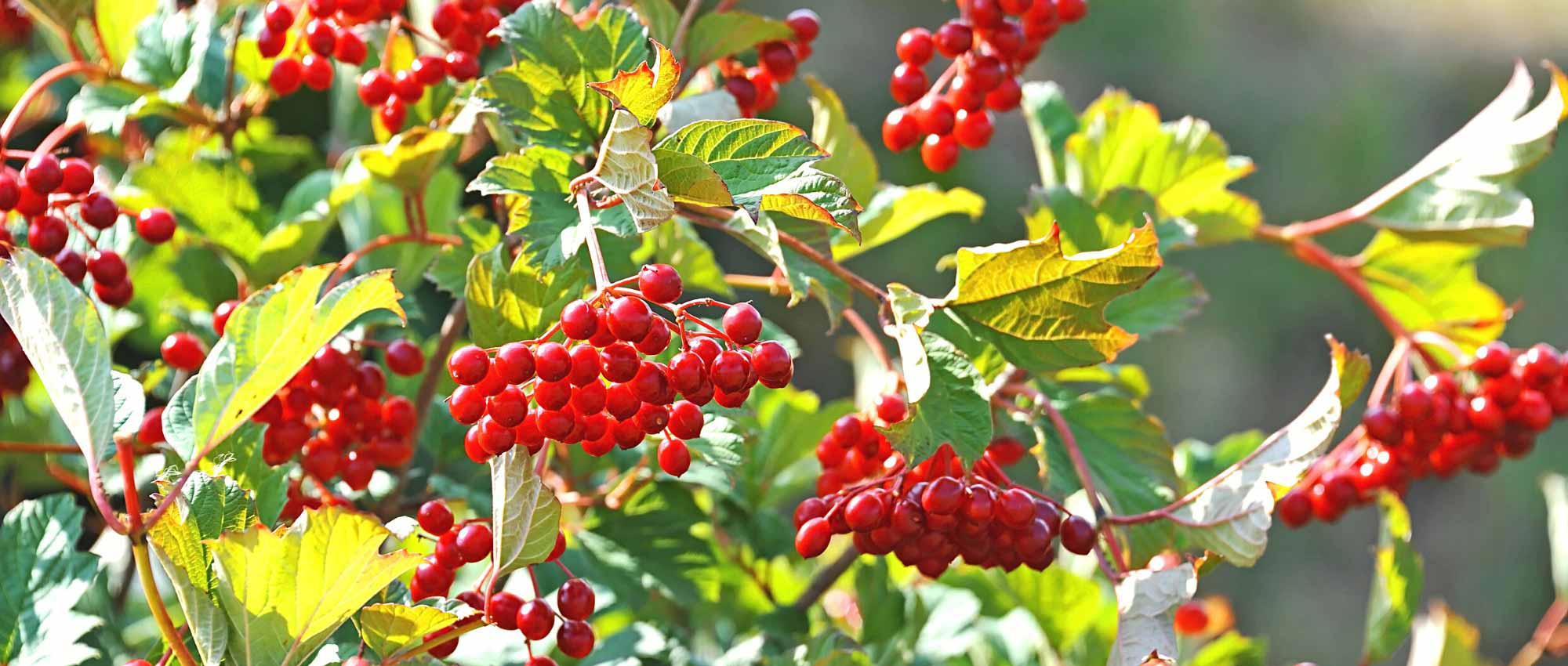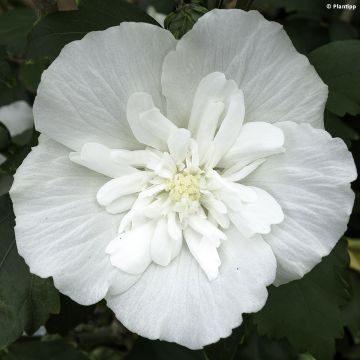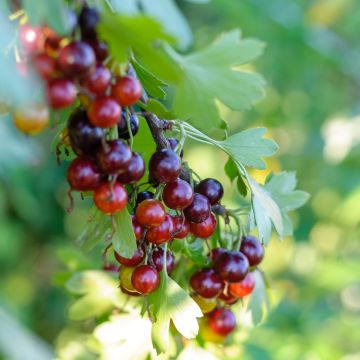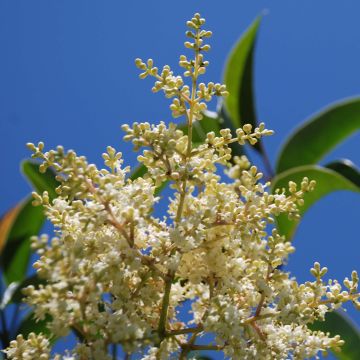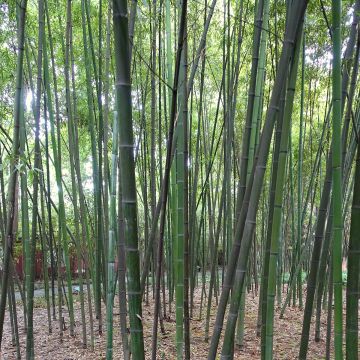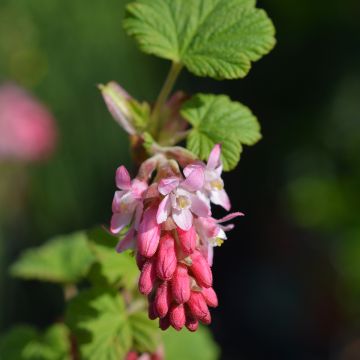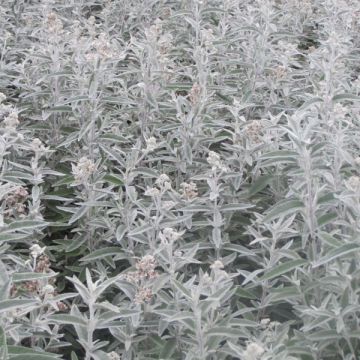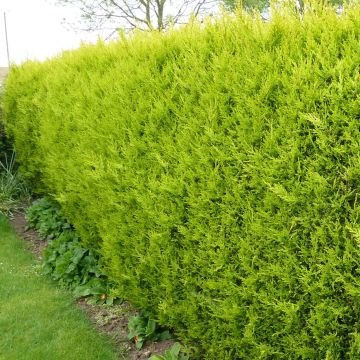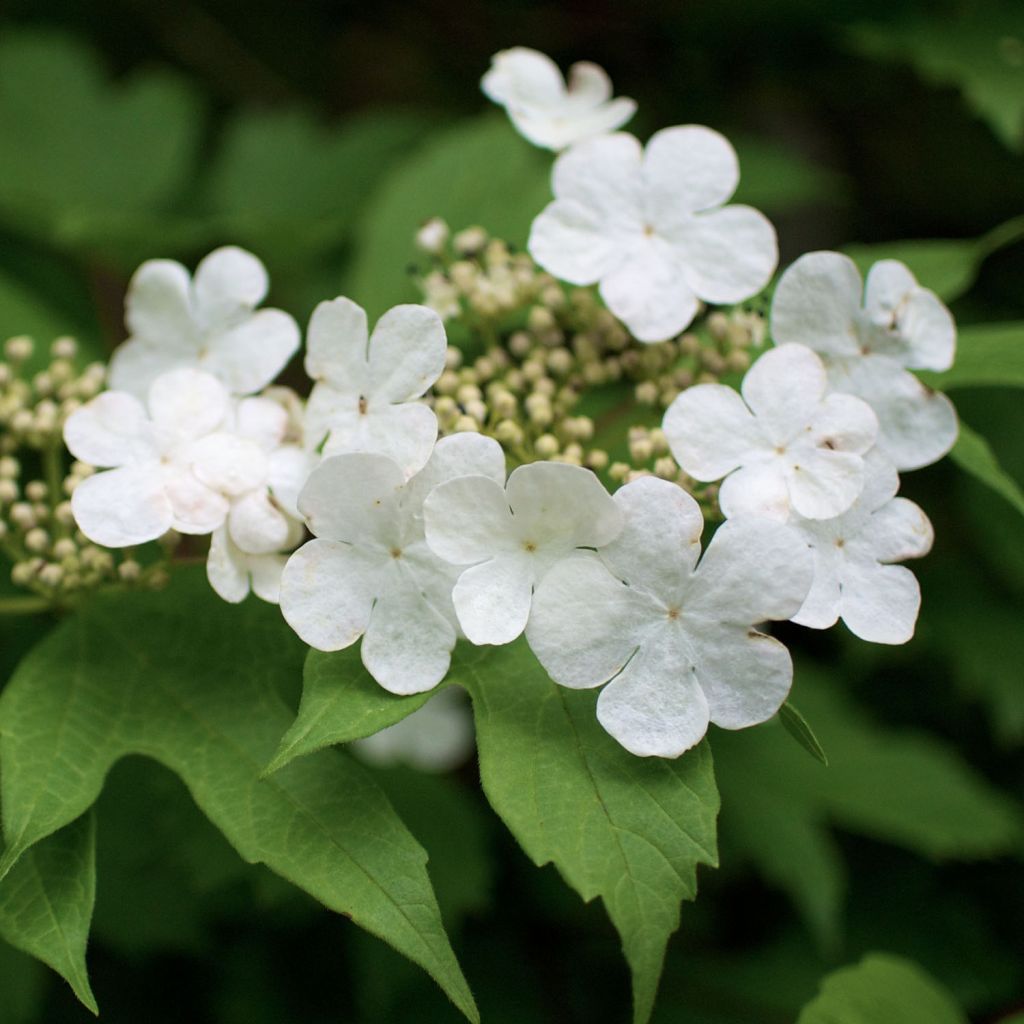

Guelder rose - Viburnum opulus
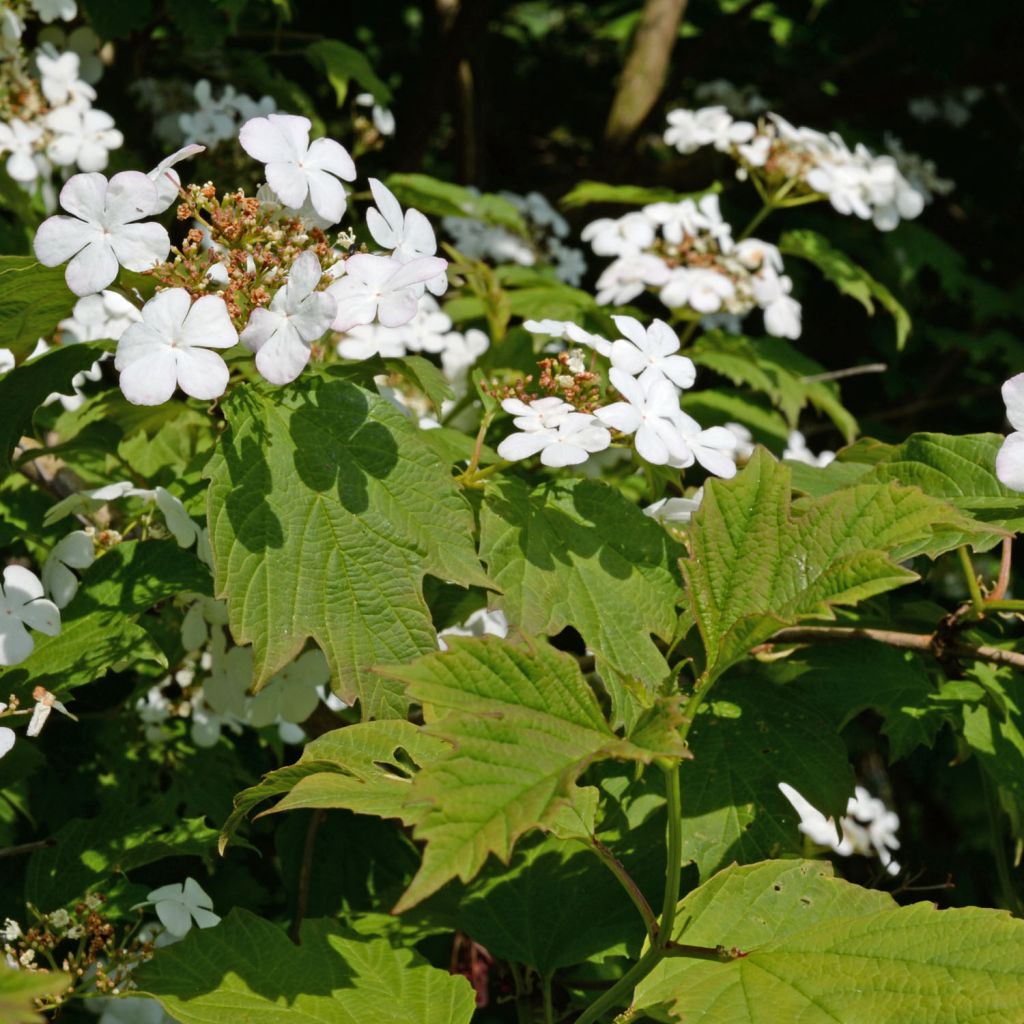

Guelder rose - Viburnum opulus
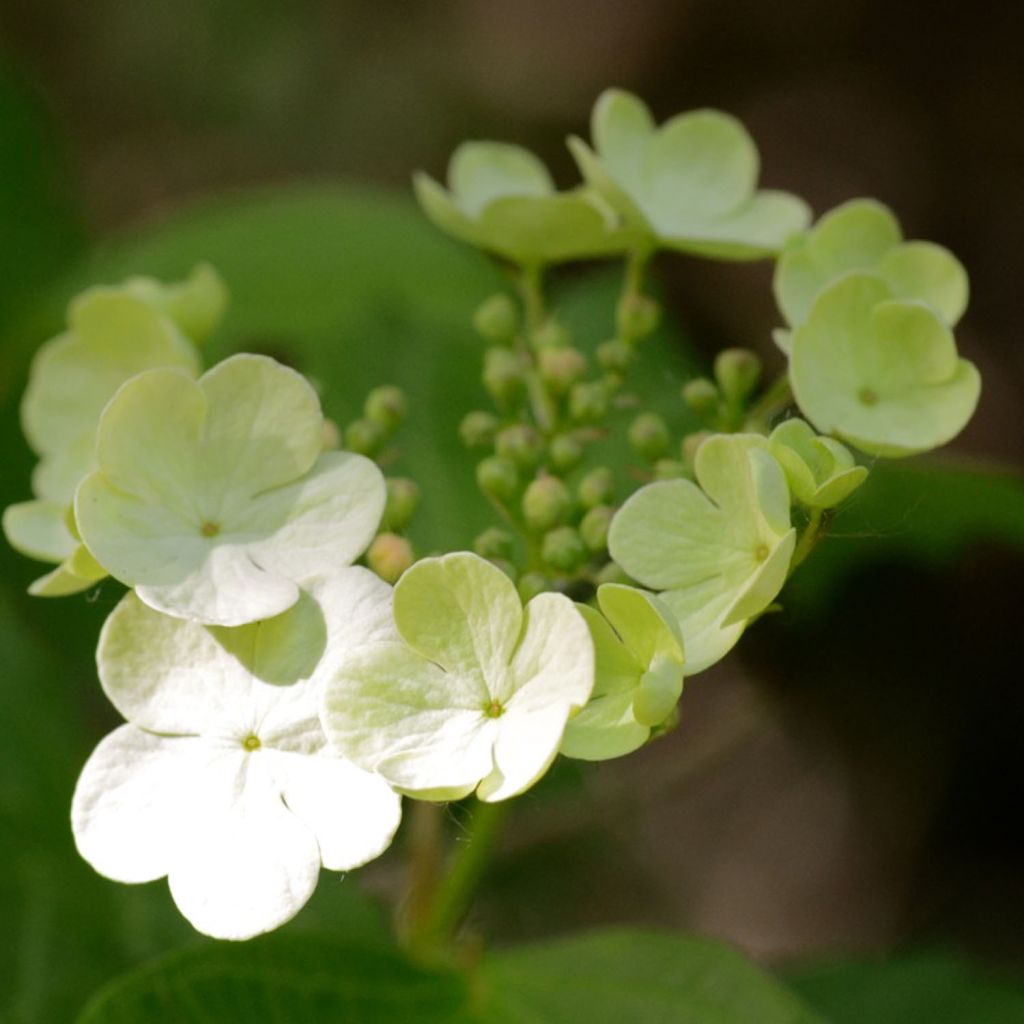

Guelder rose - Viburnum opulus
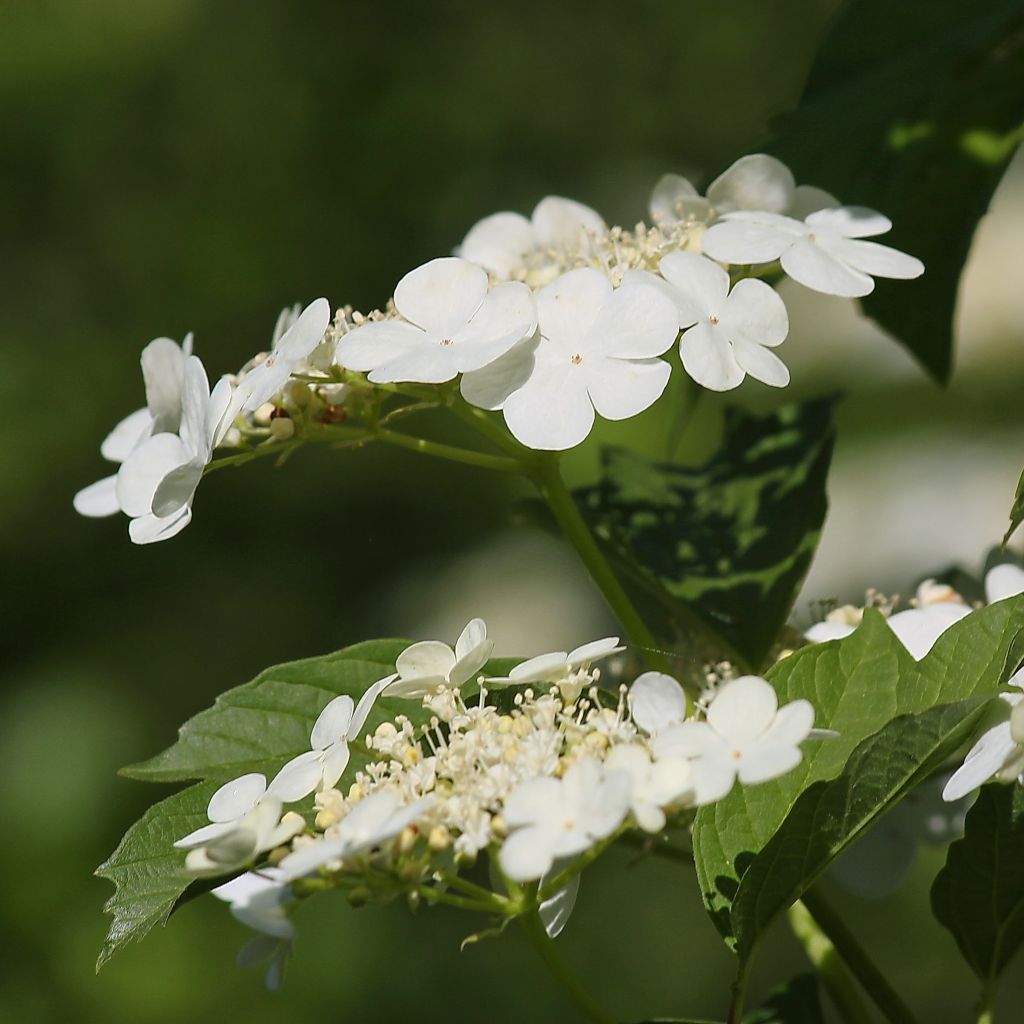

Guelder rose - Viburnum opulus
Guelder rose - Viburnum opulus
Viburnum opulus
Guelder Rose, European Cranberrybush, Cramp Bark
Plant received in excellent condition, shoots without any issues ????
Gilles , 10/09/2024
Special offer!
Receive a €20 voucher for any order over €90 (excluding delivery costs, credit notes, and plastic-free options)!
1- Add your favorite plants to your cart.
2- Once you have reached €90, confirm your order (you can even choose the delivery date!).
3- As soon as your order is shipped, you will receive an email containing your voucher code, valid for 3 months (90 days).
Your voucher is unique and can only be used once, for any order with a minimum value of €20, excluding delivery costs.
Can be combined with other current offers, non-divisible and non-refundable.
Home or relay delivery (depending on size and destination)
Schedule delivery date,
and select date in basket
This plant carries a 24 months recovery warranty
More information
We guarantee the quality of our plants for a full growing cycle, and will replace at our expense any plant that fails to recover under normal climatic and planting conditions.

Does this plant fit my garden?
Set up your Plantfit profile →
Description
Viburnum opulus, also known as the Guelder Rose, is a native bush found in damp undergrowth, even in marshes. With a naturally rounded habit, it is recognized by its palmate leaves, flat clusters of white flowers followed by small bright red fruits, and its beautiful autumn colours. A colourful, unpretentious countryside bush that adapts to any good garden soil that is not too dry.
The Guelder Rose is a deciduous bush native to Europe and North Africa. It now belongs to the Adoxaceae family. This very bushy bush, with fairly rapid growth, will reach about 3.50m (11.5ft) in height and 3m (9.8ft) in spread, depending on the growing conditions. Its low branches easily layer on contact with the ground, accentuating its thicket-like appearance. It blooms in May-June, in the form of flattened corymbs measuring 6 to 8cm (3.1in) in diameter; these corymbs are composed, just like in hydrangeas, of a crown of sterile florets surrounding a central disc of fertile florets. This slightly fragrant flowering is very melliferous and nectariferous. The fruiting is abundant and decorative, in the form of hanging clusters filled with round berries measuring 1cm (0.4in) in diameter, bright red and slightly translucent when ripe, much appreciated by birds. Its wavy, rough foliage is green, then turns to purple in autumn, so its interest in a garden is twofold. The leaf is divided into 3 to 5 acute-lobed with dentate margins. This foliage is absent in winter.
Completely hardy, the Guelder Rose is a plant that thrives in sunny or semi-shady positions, in any ordinary soil that is rather moist, even limestone and clay. It can be used as a free hedge or in a mass planting. In a hedge, it can be combined with a variety of bushes chosen for their autumn colours (European spindle, burning bush, Smokebush, oakleaf hydrangea, Cornus), their spring flowering (mock orange, lilacs, serviceberries), or even for their beautiful fruiting (chokeberries, beautyberries, snowberries, wild roses...). Its graceful inflorescences can be included in your spring bouquets.
Guelder rose - Viburnum opulus in pictures
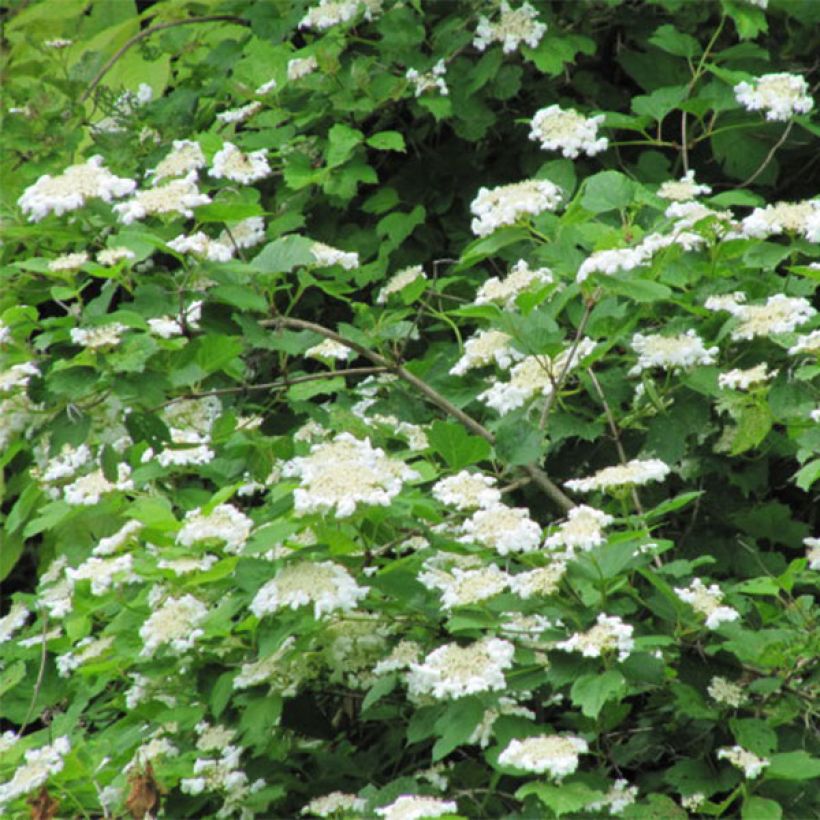

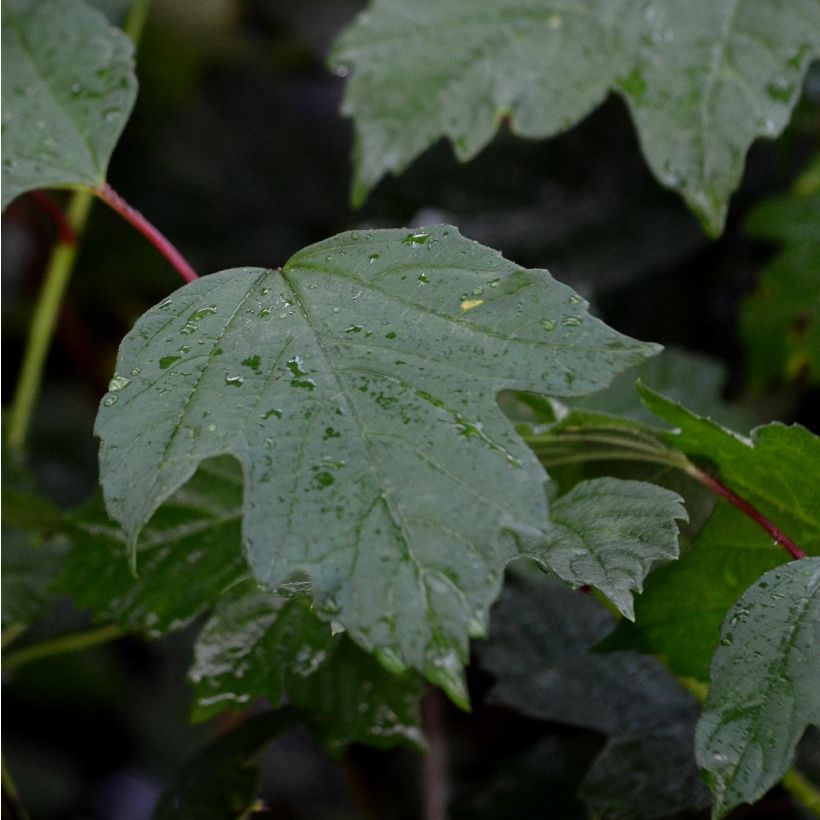

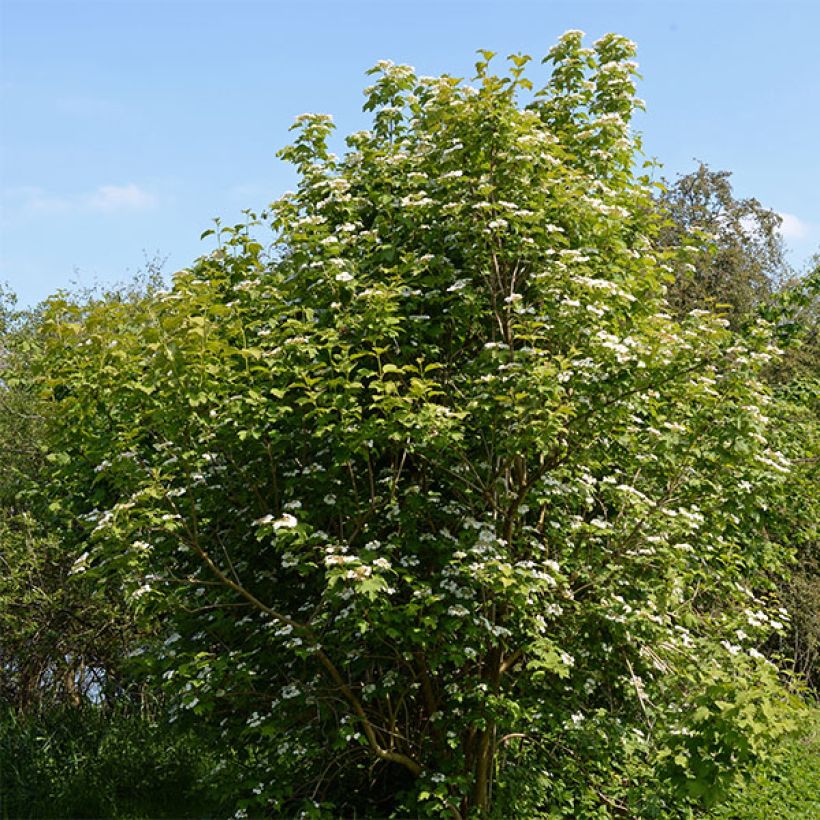

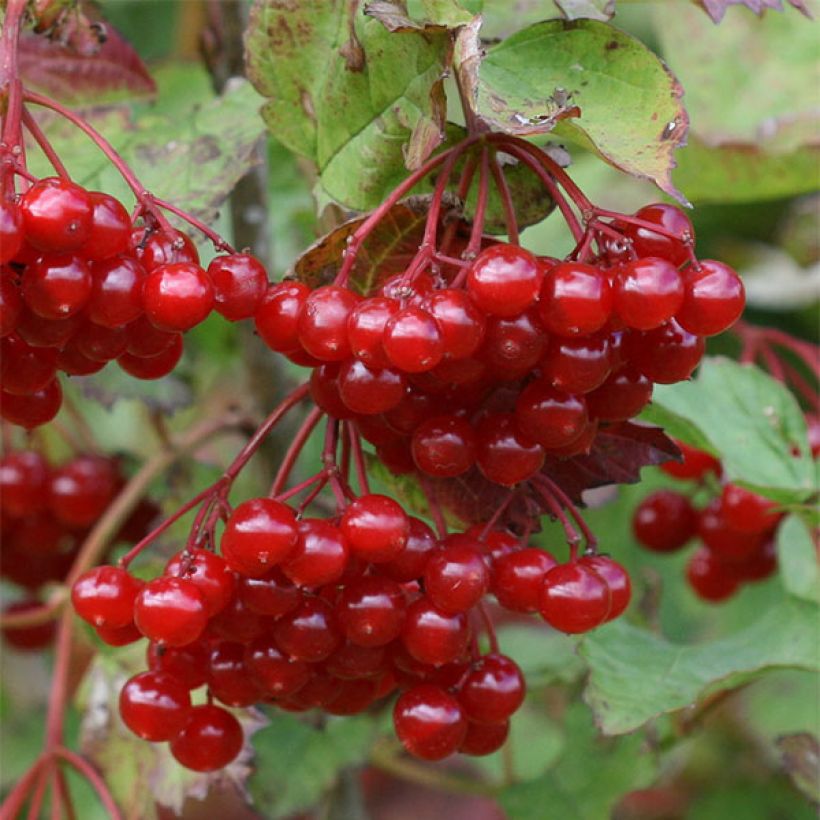

Plant habit
Flowering
Foliage
Botanical data
Viburnum
opulus
Caprifoliaceae
Guelder Rose, European Cranberrybush, Cramp Bark
Western Europe
Other Viburnum
View all →Planting and care
Viburnum opulus is grown in full sun or partial shade. Place it from November to May, outside the freezing period, in a preferably rich, moist to wet soil, but not too dry. This bush is easy to grow and requires little maintenance. The guelder rose is often attacked by aphids, but it is not a major threat. After flowering, you can prune the bush if you want to maintain its rounded habit. Trim lightly and remove branches that compromise the plant's symmetry. This Viburnum tolerates severe pruning.
Planting period
Intended location
Care
Planting & care advice
-
, onOrder confirmed
Reply from on Promesse de fleurs
Similar products
Haven't found what you were looking for?
Hardiness is the lowest winter temperature a plant can endure without suffering serious damage or even dying. However, hardiness is affected by location (a sheltered area, such as a patio), protection (winter cover) and soil type (hardiness is improved by well-drained soil).

Photo Sharing Terms & Conditions
In order to encourage gardeners to interact and share their experiences, Promesse de fleurs offers various media enabling content to be uploaded onto its Site - in particular via the ‘Photo sharing’ module.
The User agrees to refrain from:
- Posting any content that is illegal, prejudicial, insulting, racist, inciteful to hatred, revisionist, contrary to public decency, that infringes on privacy or on the privacy rights of third parties, in particular the publicity rights of persons and goods, intellectual property rights, or the right to privacy.
- Submitting content on behalf of a third party;
- Impersonate the identity of a third party and/or publish any personal information about a third party;
In general, the User undertakes to refrain from any unethical behaviour.
All Content (in particular text, comments, files, images, photos, videos, creative works, etc.), which may be subject to property or intellectual property rights, image or other private rights, shall remain the property of the User, subject to the limited rights granted by the terms of the licence granted by Promesse de fleurs as stated below. Users are at liberty to publish or not to publish such Content on the Site, notably via the ‘Photo Sharing’ facility, and accept that this Content shall be made public and freely accessible, notably on the Internet.
Users further acknowledge, undertake to have ,and guarantee that they hold all necessary rights and permissions to publish such material on the Site, in particular with regard to the legislation in force pertaining to any privacy, property, intellectual property, image, or contractual rights, or rights of any other nature. By publishing such Content on the Site, Users acknowledge accepting full liability as publishers of the Content within the meaning of the law, and grant Promesse de fleurs, free of charge, an inclusive, worldwide licence for the said Content for the entire duration of its publication, including all reproduction, representation, up/downloading, displaying, performing, transmission, and storage rights.
Users also grant permission for their name to be linked to the Content and accept that this link may not always be made available.
By engaging in posting material, Users consent to their Content becoming automatically accessible on the Internet, in particular on other sites and/or blogs and/or web pages of the Promesse de fleurs site, including in particular social pages and the Promesse de fleurs catalogue.
Users may secure the removal of entrusted content free of charge by issuing a simple request via our contact form.
The flowering period indicated on our website applies to countries and regions located in USDA zone 8 (France, the United Kingdom, Ireland, the Netherlands, etc.)
It will vary according to where you live:
- In zones 9 to 10 (Italy, Spain, Greece, etc.), flowering will occur about 2 to 4 weeks earlier.
- In zones 6 to 7 (Germany, Poland, Slovenia, and lower mountainous regions), flowering will be delayed by 2 to 3 weeks.
- In zone 5 (Central Europe, Scandinavia), blooming will be delayed by 3 to 5 weeks.
In temperate climates, pruning of spring-flowering shrubs (forsythia, spireas, etc.) should be done just after flowering.
Pruning of summer-flowering shrubs (Indian Lilac, Perovskia, etc.) can be done in winter or spring.
In cold regions as well as with frost-sensitive plants, avoid pruning too early when severe frosts may still occur.
The planting period indicated on our website applies to countries and regions located in USDA zone 8 (France, United Kingdom, Ireland, Netherlands).
It will vary according to where you live:
- In Mediterranean zones (Marseille, Madrid, Milan, etc.), autumn and winter are the best planting periods.
- In continental zones (Strasbourg, Munich, Vienna, etc.), delay planting by 2 to 3 weeks in spring and bring it forward by 2 to 4 weeks in autumn.
- In mountainous regions (the Alps, Pyrenees, Carpathians, etc.), it is best to plant in late spring (May-June) or late summer (August-September).
The harvesting period indicated on our website applies to countries and regions in USDA zone 8 (France, England, Ireland, the Netherlands).
In colder areas (Scandinavia, Poland, Austria...) fruit and vegetable harvests are likely to be delayed by 3-4 weeks.
In warmer areas (Italy, Spain, Greece, etc.), harvesting will probably take place earlier, depending on weather conditions.
The sowing periods indicated on our website apply to countries and regions within USDA Zone 8 (France, UK, Ireland, Netherlands).
In colder areas (Scandinavia, Poland, Austria...), delay any outdoor sowing by 3-4 weeks, or sow under glass.
In warmer climes (Italy, Spain, Greece, etc.), bring outdoor sowing forward by a few weeks.






























